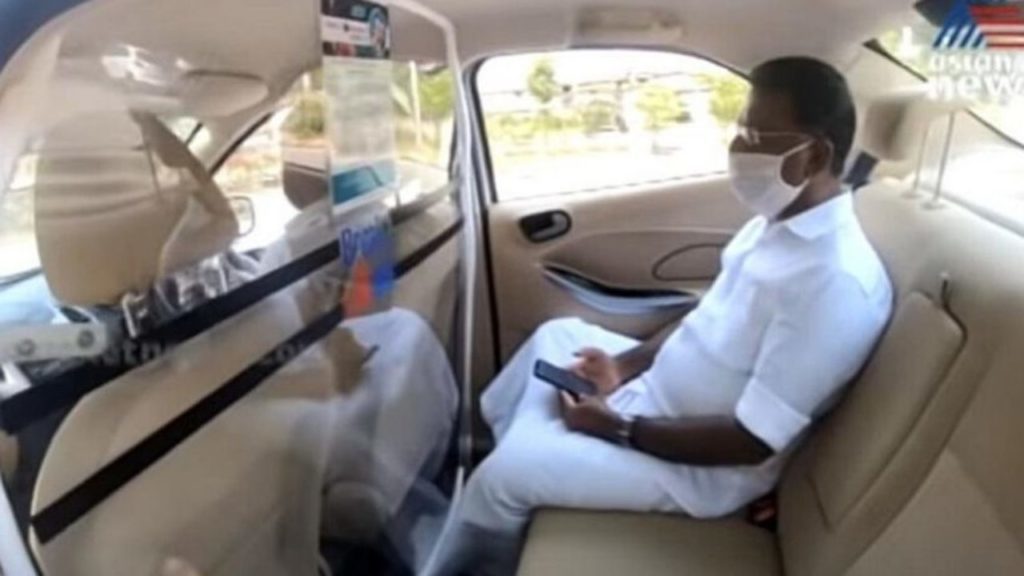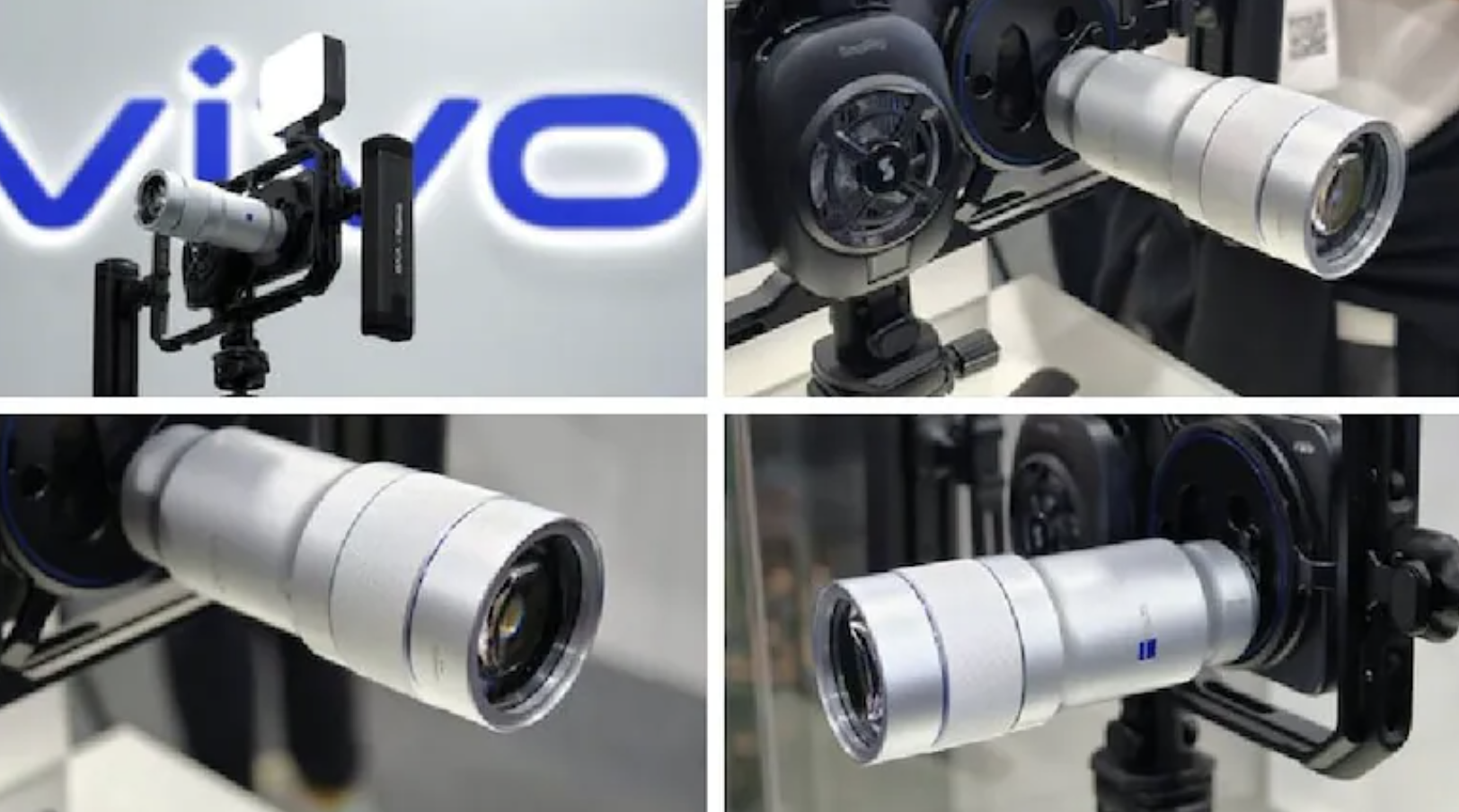The Karnataka High Court (HC) was asked to dismiss a plea request made by Ola’s parent company, ANI Technologies, against one of its drivers under the Sexual Harassment of Women at Workplace (Prevention, Prohibition and Redressal) (POSH) Act.

Dhyan Chinnappa, the cab aggregator’s attorney, contended that since drivers are not corporate employees, the business cannot proceed in this situation under the POSH Act.
Ola Tells Karnataka High Court It Cant Take Action Against Drivers
A woman entered the plea in 2019, claiming that Ola neglected to take proper action after she was mistreated by an Ola driver in 2018.
Chinnappa maintained that Ola had already “blacklisted” the offending driver and that he should be held accountable, but the corporation cannot be held liable for the driver’s behavior.
Chinnappa further contended that Ola is merely an intermediary and does not own the vehicle according to the terms of the contract. The driver is independent as a result.
The attorney argued that since the drivers are regarded as “independent” and not workers, labor regulations do not apply to them.
According to Chinnappa, the petition ought to be denied since it would be an extreme interpretation to classify a driver as an employee for the purposes of the POSH Act.
Customers trust big companies like Ola for safety, and the petitioner’s attorney contended that Ola ought to be held responsible for the driver’s behavior.
Petitioner’s Attorney Questioned What Customer Should Do?
The petitioner’s attorney questioned what a customer should do if the corporation asserts it is not liable for safety, citing the example of the trust placed in Ola over haphazard street cabs.
Chinnappa responded by comparing Ola’s function to that of middlemen like Amazon or Flipkart, arguing that users cannot presume that Ola owns the vehicle or hires the driver.
Ola’s claim was refuted by Justice MGS Kamal, who said that a taxi aggregator and an online marketplace are not the same thing.
In contrast to cab services, which may include direct physical contact, Justice Kamal pointed out that online marketplaces do not carry the risk of physical or sexual harassment.
The woman submitted a complaint at Bengaluru’s Cubbon Park Police Station, and the HC chastised the state government for not acting appropriately.
Following hearing arguments from both parties, the HC decided to hold off on making a decision.
The woman begged the driver to stop the cab before reaching her location, saying he was masturbating while watching a pornographic video that she could see.
When the woman first reported to Ola after the incident, she was told that the driver had been placed on a blacklist and would be receiving therapy.
The woman said that Ola did not follow through on her allegations, so she filed a police report.
Later, Ola’s internal complaints committee (ICC) declared that drivers were not covered by the POSH Act since they were not employees.
The woman subsequently went to the Karnataka High Court and filed a petition, naming Ola’s ICC, the state government, ANI Technologies, and the union government as parties, asking for the driver to be punished under the POSH Act.












